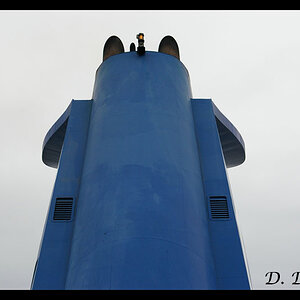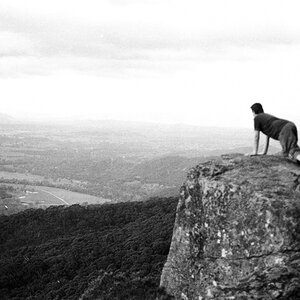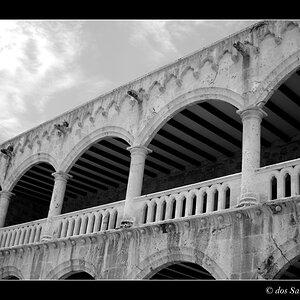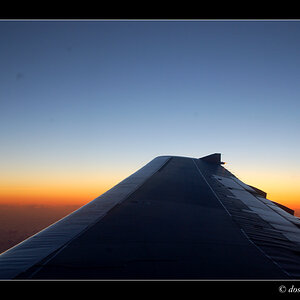iflynething
TPF Noob!
- Joined
- Oct 26, 2006
- Messages
- 1,346
- Reaction score
- 0
- Location
- South Carolina USA
- Can others edit my Photos
- Photos OK to edit
I have always though of how the eye sees and relating it the a camera: DSLR or Film..
I always think, why does it take forever for the camera to focus when there is dim light...heck most of the time it doesn't focus (unless it's manual focus, mostly). Well, I like to play around and I will close one eye and get close to something. Anyways, I will put that in focus, then to my phone, then to the carpet or something. Just to play
Well what about the megapixel of the eye. Is there a way to measure, if your eye was digitized, what would it be?
Odd question I know, but any though
Just some random thoughts
~Michael~
I always think, why does it take forever for the camera to focus when there is dim light...heck most of the time it doesn't focus (unless it's manual focus, mostly). Well, I like to play around and I will close one eye and get close to something. Anyways, I will put that in focus, then to my phone, then to the carpet or something. Just to play
Well what about the megapixel of the eye. Is there a way to measure, if your eye was digitized, what would it be?
Odd question I know, but any though
Just some random thoughts
~Michael~







![[No title]](/data/xfmg/thumbnail/40/40286-86401b94de8b01bea8bb4ea154aaea0a.jpg?1619739408)



![[No title]](/data/xfmg/thumbnail/41/41928-733459df56e3fa2fe957f910305d4e37.jpg?1619739945)

